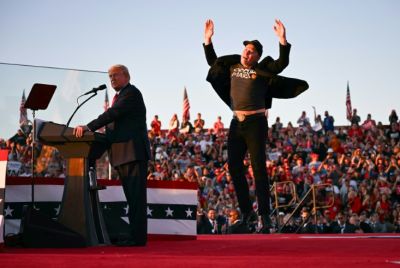BRICS to look at bid for top World Bank job
The world's major emerging economies on Saturday rejected the tradition that an American automatically is selected to head the World Bank and they will look at putting forward their own candidate for the open job.
Finance chiefs from the BRICS group of emerging market powerhouses - Brazil, Russia, India, China and South Africa - met on the sidelines of a G20 meeting in Mexico City and agreed the top World Bank job should be open to all countries.
Candidates should be based on merit and not on nationality, Brazilian Finance Minister Guido Mantega told reporters.
Another BRICS official said the group will discuss the possibility of putting up their own candidate to challenge whoever the U.S. government nominates. Certainly it is a discussion we will have.
Countries have until March 23 to submit names for the top post and a decision is likely by April meetings of the World Bank and International Monetary Fund.
Americans have held the top job since the World Bank was set up at the end of the Second World War but the unwritten rule has in recent years faced more resistance, along with the tradition that a European heads the International Monetary Fund, as emerging economies gain more economic clout.
It is time we break the traditions of the U.S. and Europe sharing the two seats and amongst all of us we must try harder this time to find some consensus, said Pravin Gordhan, South Africa's finance minister.
Robert Zoellick, the current World Bank president, plans to step down at the end of June after deciding against seeking a second five-year term.
The United States has said it will nominate a replacement candidate but has not yet said who it will be.
Possible candidates are thought to include former U.S. treasury secretary Lawrence Summers, current Secretary of State Hillary Clinton, and Susan Rice, the U.S. ambassador to the United Nations. The State Department has said Clinton would not be taking the job.
The World Bank is the leading provider of development aid to poorer countries and its president is one of the world's top policymakers.
They can put forward their candidate, Gordhan said, referring to the United States. But rather than it becoming a destructive exercise, it should be a constructive process so that we attempt to build consensus on who the candidate should be. It is idealistic but let's give it a shot.
(Reporting by Lesley Wroughton; Editing by Kieran Murray)
© Copyright Thomson Reuters 2024. All rights reserved.





















